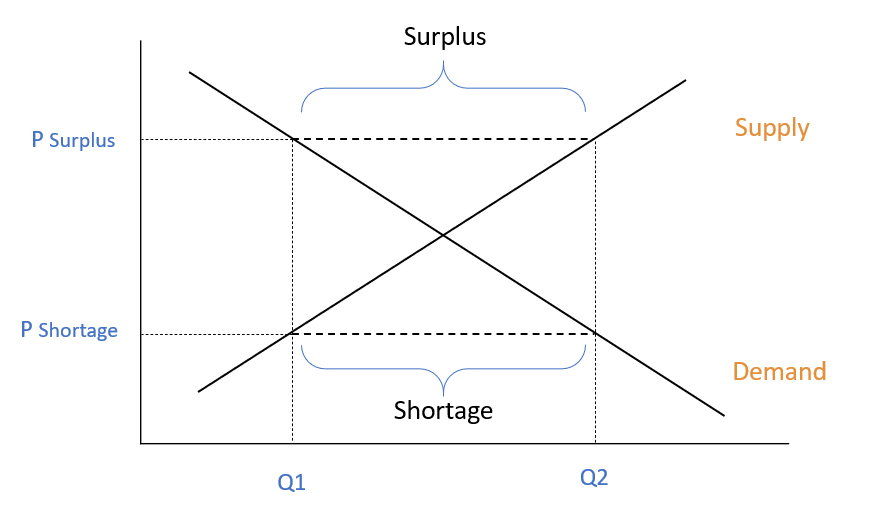Shortage To Surplus: Bridging Africa’s Tech Talent Gap

Executive Summary

Africa is experiencing a chronic shortage of skilled technology workers, hindering its economic growth and innovation potential. This article explores the causes and consequences of the tech talent gap and presents actionable strategies for transforming the shortage into a surplus.

Introduction
The African continent is brimming with untapped potential and a rapidly growing population. However, a critical barrier to its progress is the shortage of skilled tech professionals. This gap undermines the continent’s ability to compete in the global digital economy and fully harness the transformative power of technology.
FAQs
1. What is the extent of the tech talent shortage in Africa?
The African Development Bank estimates that Africa needs an additional 23 million tech professionals by 2030 to meet its digital transformation goals.
2. What are the main causes of the tech talent gap?
Inadequate education and training, lack of industry experience, and limited access to technology are major contributors to the gap.
3. What are the consequences of the tech talent gap for Africa?
It stifles innovation, slows economic growth, and exacerbates unemployment.
Subtopics
Education and Training
- Revamped STEM education curricula at all levels
- Increased access to higher education and specialized tech training programs
- Partnerships between universities and industry to bridge the gap between theory and practice
Industry Experience
- Internships, apprenticeships, and on-the-job training opportunities
- Mentorship programs connecting experienced professionals with aspiring tech workers
- Government initiatives to incentivize companies to invest in talent development
Access to Technology
- Improved digital infrastructure and affordable internet access
- Provision of technology devices and training to underprivileged communities
- Promotion of open-source and low-cost tech solutions
Policy and Collaboration
- Government policies to support tech education and entrepreneurship
- Collaboration between stakeholders (government, private sector, academia)
- International partnerships to share knowledge and expertise
Changing Mindsets
- Breaking down stereotypes and encouraging girls and minorities to pursue tech careers
- Promoting role models and celebrating tech success stories
- Shifting cultural attitudes towards technology as a driver of progress
Conclusion
Bridging Africa’s tech talent gap is crucial for the continent’s socio-economic transformation. By addressing the root causes and implementing comprehensive strategies across education, industry experience, access to technology, policy, and culture, Africa can unlock its potential and create a sustainable and prosperous future.
Keyword Tags
- Tech talent gap in Africa
- STEM education
- Industry experience
- Access to technology
- Innovation in Africa






